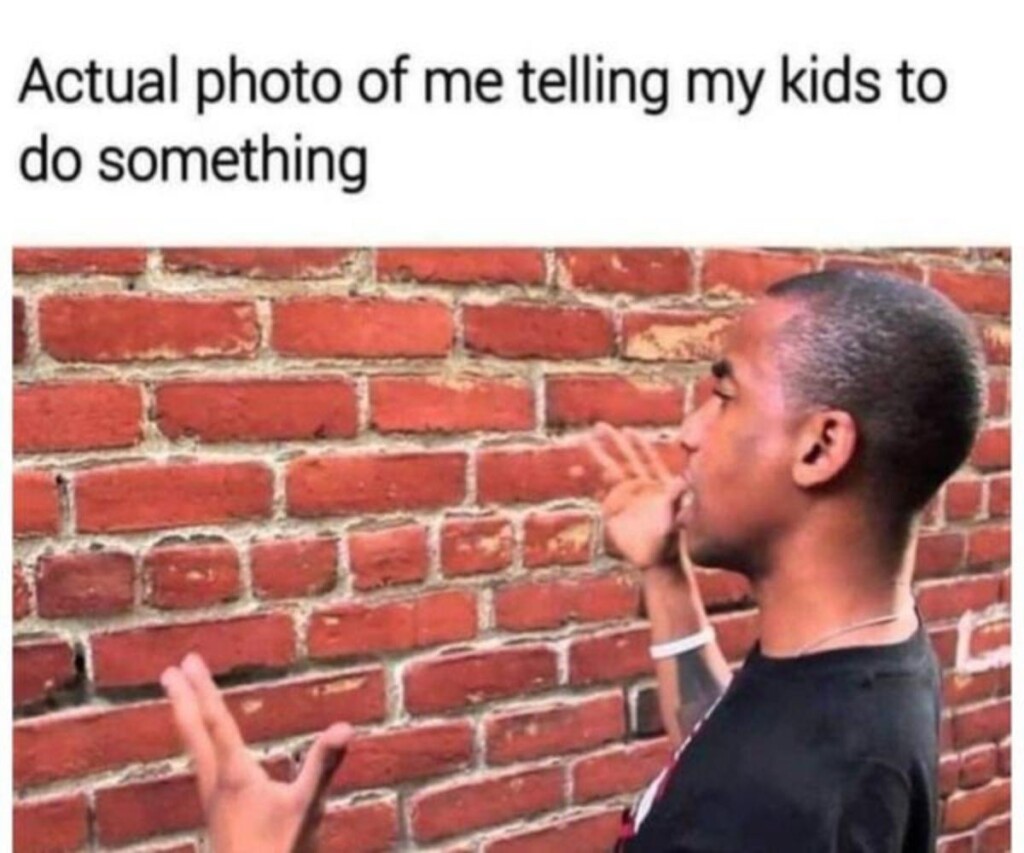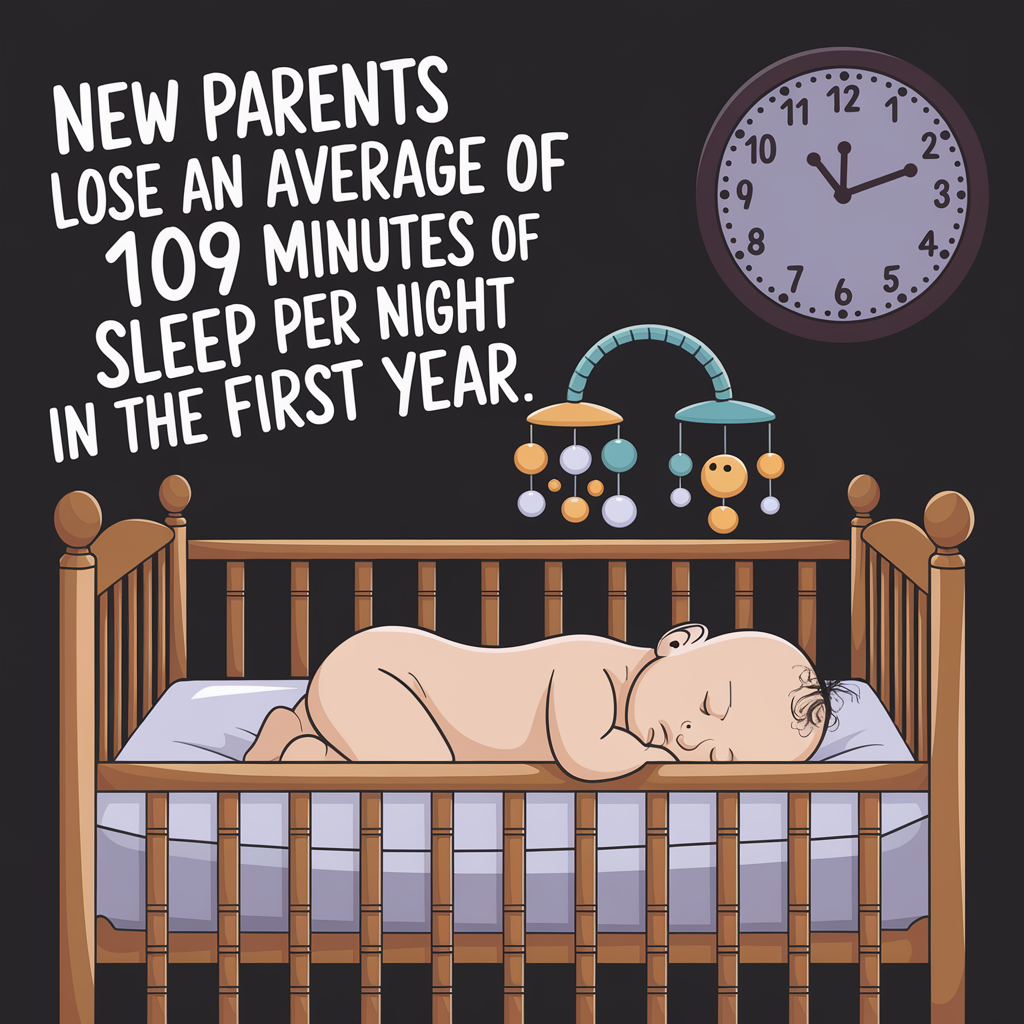The Moments That Define Us as Parents
There’s something both profoundly comical and deeply moving about the moment you realize you’ve graduated from “Dada” to “Daddy.” It’s a subtle shift, one that comes not with fanfare or ceremony, but with the quiet acknowledgment of time passing and relationships evolving. This journey, from the first babbling attempts at communication to the casual, almost indifferent “Bruh” of a teenager, is a road map of the emotional development in children and the shifting sands of our parent-child relationships.

But let’s start at the beginning, shall we? The “Dada” phase. It’s where the unfiltered truth of parenthood begins. This is the stage filled with sleepless nights, endless diapers, and the kind of love that knocks you off your feet. It’s a time when your heart is perpetually outside your body, marveling at this tiny human you’ve helped bring into the world. The first time your child looks up at you and utters “Dada,” something inside you shifts. You’re no longer just yourself; you’re a protector, a guide, a source of comfort and security.
As we navigate through the giggles and tears of toddlerhood, each moment feels like a milestone. From the first steps to the first words, these are the experiences that shape us as much as they do our children. And in those moments of pure chaos and unadulterated joy, we often find ourselves turning to others who’ve walked this path before us. It’s why resources like “Life with a Toddler: A Tale Told in a Single Image” resonate so deeply. They offer a humorous, yet heartwarming glimpse into the daily realities of parenting, reminding us that we’re not alone in this wild ride.
The transition from “Dada” to “Daddy” is more than just a change in vocabulary; it’s a sign of our children’s growing understanding and emotional development. “Daddy” signifies a deeper recognition—a realization that the figure standing before them is their parent, their protector, their Dad. This evolution in titles mirrors the emotional journey of a parent, marking the beginning of a relationship that continually evolves, grows, and challenges both parent and child in the best possible ways.
In this journey of transformation, there are countless lessons learned, laughs shared, and tears shed. It’s a path that requires balance, resilience, and a healthy dose of humor to navigate effectively. And as we delve deeper into the significance of these changing titles, we uncover not just the emotional journey of our children, but our own growth and adaptation as parents. Each stage, from “Dada” to “Daddy” and beyond, offers a unique set of challenges and joys, shaping the dynamic tapestry of family life in ways we could never have anticipated.
So, as we explore this emotional odyssey from the first utterance of “Dada” to the casual “Bruh” that marks a teenager’s quest for independence, let’s embrace each stage with open hearts and minds. After all, it’s these moments, these transitions, that remind us of the profound impact we have on our children’s lives—and they on ours.

Navigating Growth: The Shift to Dad
Why does “Dad” suddenly replace “Daddy” in the echoing halls of our homes? It seems like just yesterday, “Daddy” was the magic word that could solve any problem, heal any wound. But as our children grow, so too does their need for independence, their desire to explore the world on their own terms. This transition, while bittersweet, is a beautiful testament to the emotional development we’ve nurtured within them.
But how do we navigate this shift without losing our footing? The key lies in understanding that while the title may change, the role does not. “Dad” becomes a badge of honor—a sign that you’ve been there through scraped knees and science fair projects, through victories and losses. It’s a recognition of the evolving parent-child relationship, one that’s adapting to include more open dialogue, mutual respect, and shared experiences.
During these formative years, humor becomes a vital tool in our parenting arsenal. It helps bridge gaps and lighten moments that might otherwise be fraught with tension. This is why resources like “A Dad’s Hilarious Guide to Elementary School Parent-Teacher Conferences” are invaluable. They remind us that laughter can ease the growing pains of parenting, making the journey from “Daddy” to “Dad” a little less daunting.
But what challenges do we face as “Dad,” and how do we overcome them? It’s no secret that parenting is a complex balancing act, one that requires us to juggle our children’s needs with our own. The transition to “Dad” often coincides with the onset of more significant life lessons and tougher questions. It’s here, in the thick of it, that we find opportunities to teach resilience, to model kindness, and to foster independence. And for those moments when the balance feels impossible to maintain, turning to insights from “Top 3 Parenthood Challenges and How to Overcome Them” can provide comfort and strategies to navigate these waters.
In essence, the evolution from “Daddy” to “Dad” isn’t just about our children growing up; it’s about us growing into our roles as parents. It’s a phase that asks us to let go, little by little, to trust in the foundations we’ve laid, and to marvel at the individuals our children are becoming. So, as we adjust to our new titles, let’s remember that “Dad” isn’t just a name—it’s a journey, one filled with love, laughter, and endless opportunities for growth.

The Teen Years: Dad to Bruh – Navigating New Terrains
Why does “Bruh” suddenly make its debut in the teenage lexicon, seemingly demoting “Dad” to the ranks of a peer or a friend? This transition can be startling, humorous, and even a little disconcerting. It represents a significant shift in the dynamic between parent and child, signaling a newfound level of comfort, camaraderie, and perhaps, a testing of boundaries.
But is “Bruh” really a demotion, or is it, in fact, a promotion of sorts? It might just be the ultimate sign of trust—a teenager’s way of saying, “I see you not just as an authority figure, but as someone I can relax with, joke with, and maybe even confide in.” This doesn’t mean the respect or the need for guidance has diminished. On the contrary, it’s a testament to the strength of the bond that has been cultivated over the years.
How, then, do we embrace this new title while maintaining the respect and authority necessary for effective parenting? It’s a delicate balance, one that requires us to listen more, to offer advice when asked, and to continue setting boundaries, albeit in a more collaborative manner. It’s about respecting this new stage of independence while remaining a steadfast source of support.
The key to navigating the “Bruh” phase lies in communication. Keeping the lines open, even when it feels like you’re speaking different languages, ensures that the bond remains strong. It’s during these years that resources like “The Unfiltered Truth of Parenthood” can provide a much-needed perspective, reminding us that every phase has its challenges and its charms.
But what happens when the teenage rebellion phase hits, and “Bruh” is all you hear? It’s important to remember that this, too, shall pass. The teenage years are a time of exploration, identity formation, and, yes, a bit of rebellion. As daunting as it may seem, this phase offers an incredible opportunity for growth—for both the teenager and the parent.
In navigating from “Dad” to “Bruh,” we’re not just witnessing our children’s journey into adulthood; we’re actively participating in it. We’re learning to let go, to trust in the lessons we’ve taught, and to enjoy this new level of camaraderie with our maturing children. So, as we adjust to our latest title, let’s embrace it with humor, grace, and the understanding that every “Bruh” is, in its own unique way, a sign of love.

Supporting Your Child’s Journey Through Play and Learning
As our kids grow, the way we play and learn together evolves. Even as “Dad” transitions to “Bruh,” the importance of supporting our children’s development through engaging activities remains constant. But how do we keep up with their changing interests and educational needs?
One way is by integrating fun, educational activities that cater to their growing minds. For younger children, learning basic concepts through play is crucial. Websites like Life with Kids offer resources like “Learn Numbers 1-10 with Fun Visuals and Catchy Songs,” making learning engaging and enjoyable. These resources can be a great way to spend quality time together, building a foundation for a lifelong love of learning.
As they grow, creating a stimulating environment that encourages curiosity is key. Transforming their space with creative decor can inspire imagination and creativity. Consider exploring Delightful Kids Room Decor: Unique Gift Ideas to Transform Their Space for ideas on how to make their rooms a place of exploration and discovery.
Moreover, encouraging physical play is vital for their development. Investing in items like the best jungle gym for your backyard, as suggested in The Ultimate Guide to the Best Jungle Gym for Kids, can provide endless hours of active play, fostering both their physical and social skills.

Adventure and Exploration: Creating Unforgettable Memories
As “Bruh” becomes a more common refrain, finding ways to connect and create lasting memories with your teenager might seem challenging. Yet, adventure and exploration can serve as perfect bridges. Engaging in new experiences together not only strengthens your bond but also supports their journey towards independence.
Planning outdoor adventures can be a great way to spend quality time together. Whether it’s hiking, biking, or a simple day at the park, these activities allow for informal conversations and shared experiences that can be both enriching and bonding. For families looking to incorporate a bit of adventure into their routine, considering the Best Wagon Stroller for an Unforgettable Adventure with Your Kids can add an element of fun to your explorations, making even the simplest outing an adventure.
Creating unforgettable memories isn’t just about the activities you do; it’s about the moments of connection and understanding that happen along the way. It’s about listening, sharing, and being present with each other, regardless of whether you’re referred to as “Dad” or “Bruh.”
In conclusion, the journey from “Dada” to “Bruh” is filled with countless opportunities for growth, learning, and bonding. Each phase of this journey offers its own unique set of challenges and rewards. By embracing each stage with an open heart, a sense of humor, and a willingness to adapt, we can foster a relationship with our children that’s built on mutual respect, understanding, and love. So here’s to navigating the twists and turns of parenthood, and to the enduring bond that makes every moment worth it.
As an Amazon Associate we earn from qualifying purchases through some links in our articles.



